Imagine earning passive income from your own expertise—no inventory, no shipping, just pure creativity. The digital product market is exploding, as more entrepreneurs and creators turn their skills into scalable online businesses. In 2025, shifting trends and consumer habits are redefining which types of digital products are most profitable.
Whether you’re a freelancer, creative, or aspiring business owner, knowing the right types of digital products to sell can unlock massive opportunities. In this guide, you’ll discover the 10 most lucrative options for 2025, including examples, key benefits, and actionable tips to help you succeed in the digital marketplace.
Why Sell Digital Products in 2025?
The digital product market is experiencing unprecedented growth. By 2025, global sales of digital goods are expected to reach new heights as more creators, entrepreneurs, and businesses tap into this thriving sector. This surge is fueled by the sheer variety of types of digital products available, from courses to templates and beyond. If you’ve ever wondered whether now is the right time to jump in, the numbers say yes.
Passive Income Potential: Create Once, Sell Infinitely
Imagine building a product once and earning from it repeatedly, with no inventory or shipping. That’s the magic of most types of digital products. You invest time and expertise upfront, and your product can be sold an unlimited number of times—often on autopilot. This model not only frees you from trading hours for dollars but also opens the door to truly scalable income. Whether it’s a Notion template or a video course, your earning potential isn’t capped by your available hours.
Lower Barriers to Entry and Global Reach
Selling types of digital products doesn’t require a warehouse, shipping team, or big startup budget. With minimal upfront costs, anyone can get started from anywhere in the world. Digital products can be launched with just a laptop and an internet connection, making the opportunity accessible to students, professionals, and aspiring solopreneurs alike. Plus, your audience isn’t limited by geography—your products can reach buyers worldwide instantly.
Trends Driving Digital Product Demand
Several powerful trends are fueling the demand for all types of digital products:
- Remote work has increased the need for productivity tools and online resources.
- E-learning is booming, with millions seeking new skills online.
- The creator economy empowers individuals to monetize expertise and creativity.
- Consumers are more comfortable than ever purchasing digital goods.
These shifts mean that digital products are no longer niche—they’re mainstream, and the demand curve is only getting steeper.
Digital Products vs. Physical Products: A Clear Advantage
Let’s compare digital and physical products side by side:
| Feature | Digital Products | Physical Products |
|---|---|---|
| Inventory Needed | No | Yes |
| Startup Costs | Low | High |
| Delivery | Instant | Shipping Required |
| Profit Margins | High | Lower (due to costs) |
| Scalability | Unlimited | Limited by stock |
With types of digital products, you avoid the headaches of logistics and inventory management. Profit margins are higher, and delivery is instant, creating a better experience for both creators and customers.
Success Stories and Market Data
The proof is in the results. Membership sites and online courses are seeing double-digit annual growth, while printables and templates have become some of the fastest-growing categories on platforms like Etsy. Solopreneurs are building six-figure businesses by focusing on specific types of digital products that solve real problems or save time.
You don’t need to be a world-class expert to succeed. If you can offer value, help people, or package your knowledge in a way that’s easy to consume, there’s a place for you in this market. If you’re curious about the most promising opportunities, check out the Best digital products to sell for a deeper dive into what’s working now.
10 Types of Digital Products to Sell Online in 2025
Ready to tap into the booming digital product economy? The landscape is more diverse than ever, with creators leveraging many types of digital products to build scalable, profitable online businesses. Whether you’re after passive income, creative freedom, or a way to share your expertise, there’s a digital product model for you.
Recent studies show that demand is surging across these categories. If you’re curious about what’s trending right now, check out what digital products are in demand for up-to-date insights. Let’s break down the 10 most lucrative types of digital products to sell online in 2025.
1. Templates (Canva, Notion, Business Docs)
Templates are one of the most versatile types of digital products. They offer ready-made, customizable documents for a wide range of uses: business, design, productivity, or personal organization. Pricing usually ranges from $5 to $50 per item or bundle, making them accessible for both creators and buyers.
Buyers benefit from templates because they save time and avoid design headaches. Entrepreneurs, students, and professionals all rely on them for social media posts, resume/CV creation, Notion dashboards, and business documents. The main advantage? Templates are quick to update and perfect for recurring sales.
However, the market is highly competitive. To stand out, focus on unique design, practical utility, or niche audiences. For inspiration, explore best-selling digital products on Etsy to see what’s resonating this year.
Examples: Canva Instagram packs, Notion finance trackers.
2. Online Courses
Online courses remain one of the highest-value types of digital products. They typically sell for $20–$500+ based on topic and depth. Courses package your expertise into structured modules with video lessons, quizzes, and downloadable resources.
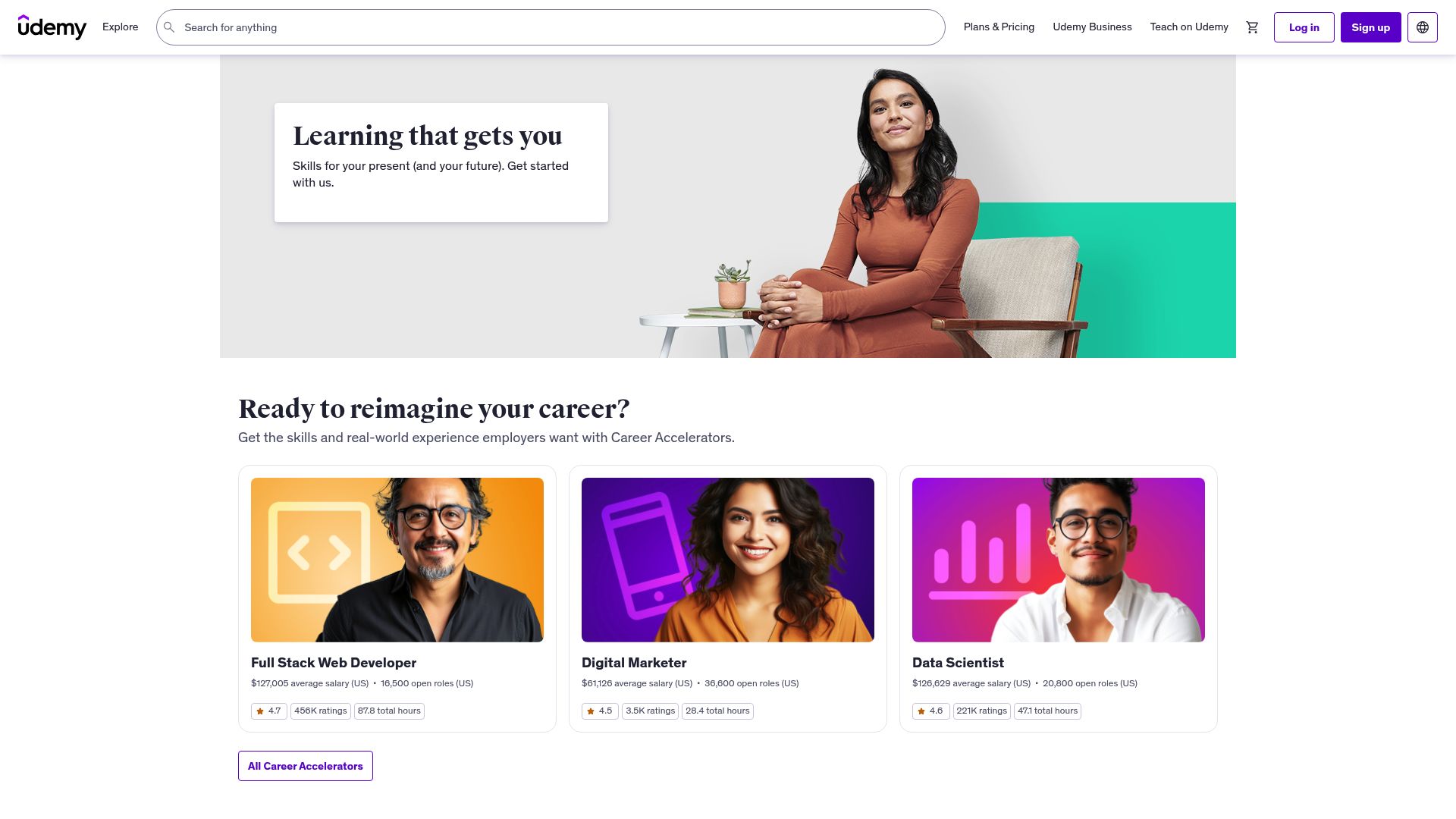
Courses attract lifelong learners, professionals, and hobbyists seeking to upskill. They’re ideal for teaching everything from coding to creative arts. The big benefit is recurring, often passive income—build once, sell repeatedly.
The main challenge? Courses are time-intensive to create and need regular updates. Still, platforms like Udemy and Teachable make distribution straightforward. Many creators start with a mini-course and scale up as their audience grows.
Examples: Business training programs, watercolor painting classes.
3. Printables (Planners, Journals, Worksheets)
Printables are evergreen types of digital products, especially for those who love organization or creativity. These are downloadable PDFs—planners, journals, activity sheets—usually priced between $2 and $25.
Parents, teachers, students, and productivity fans all use printables for meal planning, budgeting, kids’ activities, and more. They’re quick to produce and easy to bundle, making them perfect for creators testing the waters.
The downside is the lower price point. To generate significant income, you’ll likely need high-volume sales. Still, printables are a fantastic entry point into digital products.
Examples: Habit trackers, freezer meal guides, printable wall art.
4. Ebooks & Actionable Guides
Ebooks and guides are classic types of digital products. They’re usually priced from $3 to $30 and focus on solving specific problems or sharing knowledge in a long-form format.
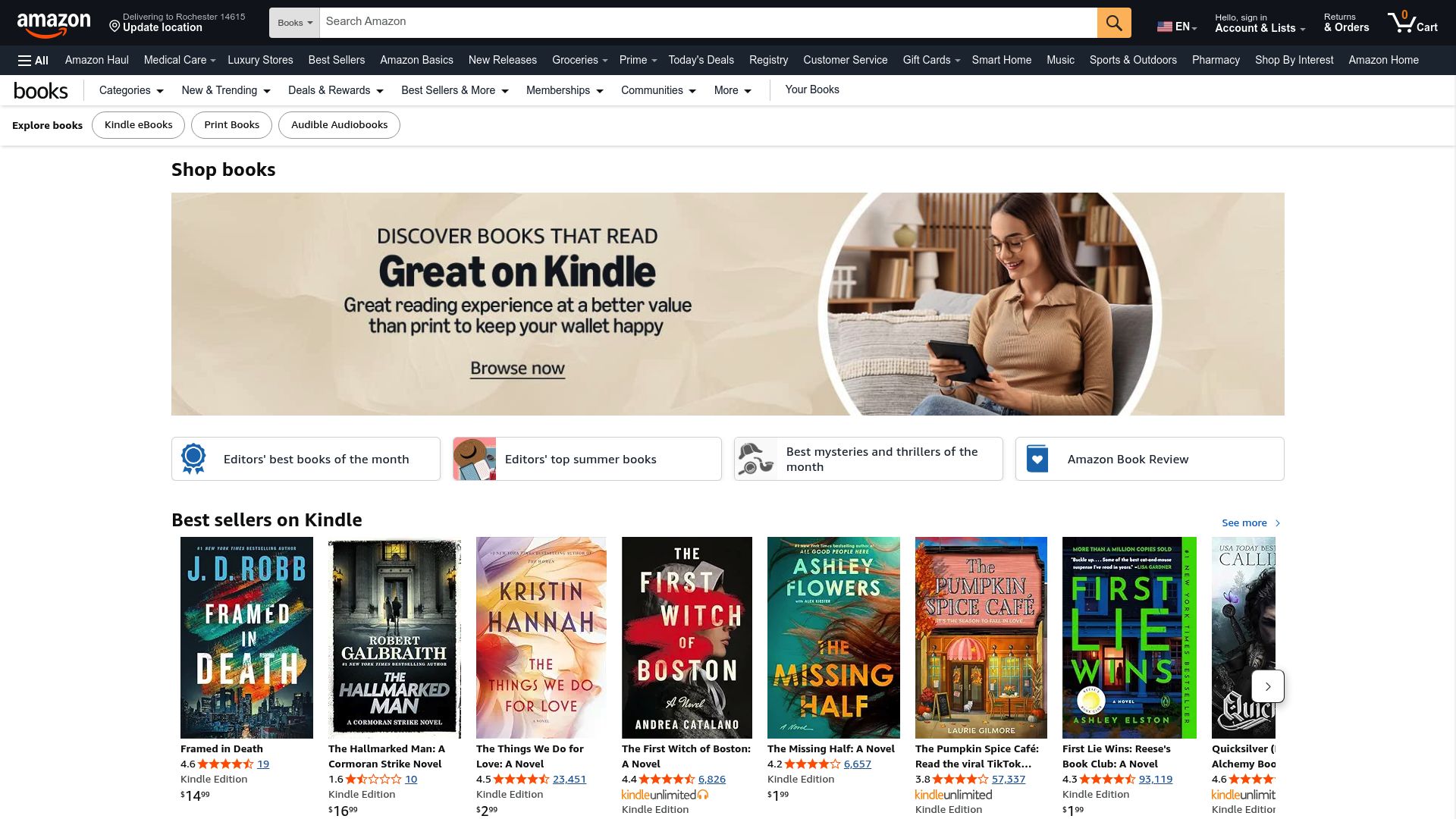
Readers and professionals love ebooks for their accessibility and value. You can publish how-to guides, industry insights, creative writing, or recipe books. Ebooks help you establish authority and can be repurposed into courses or workshops.
While the market is crowded, success comes from targeting the right niche and delivering genuine value. Publishing platforms like Amazon Kindle make distribution seamless.
Examples: AI image generation guides, self-help books.
5. Audio Products (Podcasts, Music, Sound Effects)
Audio products are growing types of digital products, ideal for creators with a knack for sound. These include music, audiobooks, guided meditations, and sound effect libraries—usually priced $5–$50 per album, pack, or subscription.
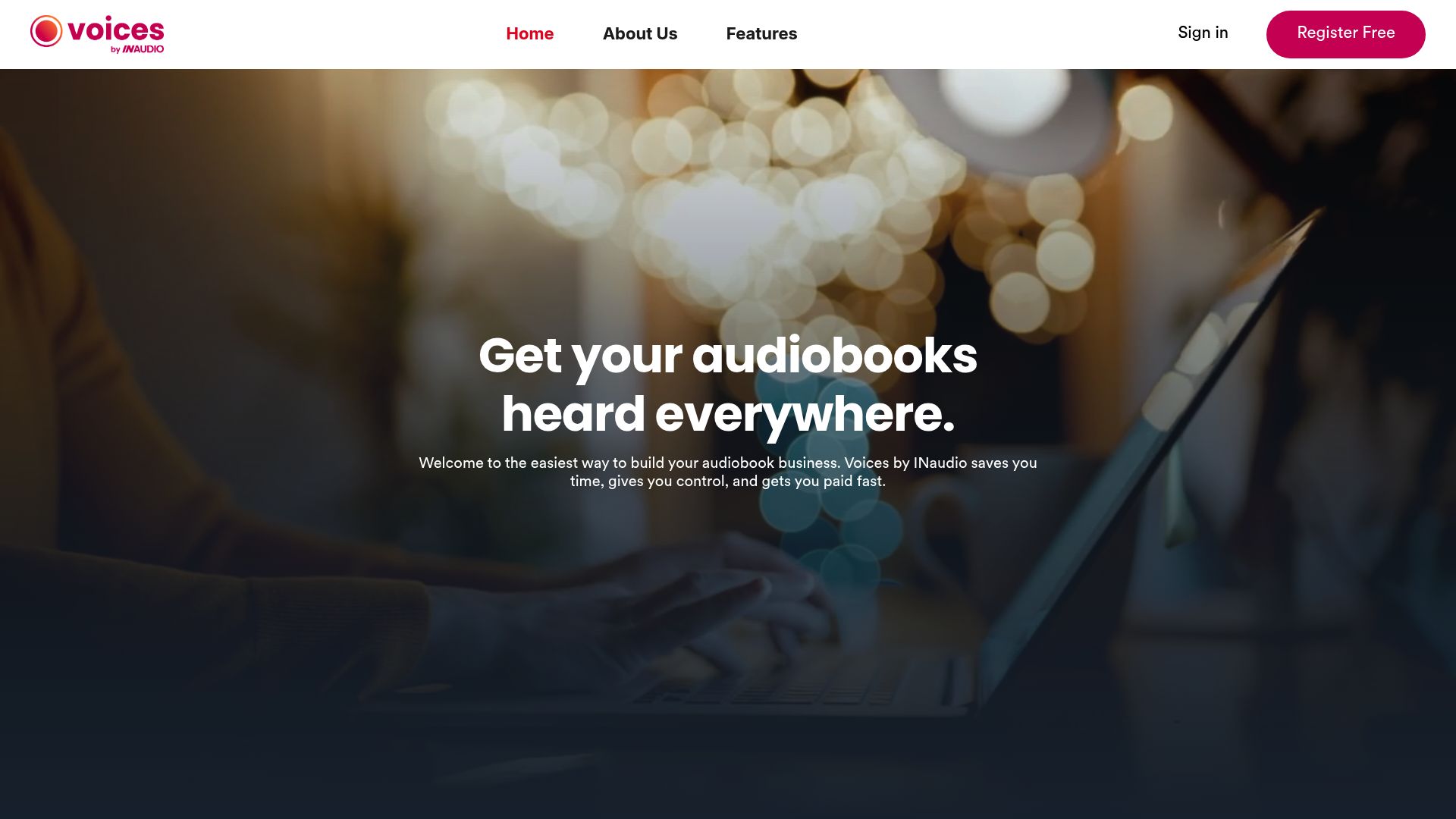
The appeal? Auditory learners and multitaskers love audio. Podcasters, marketers, and content creators need high-quality sound for their projects. Audio products have less competition than ebooks and can command premium pricing.
Creating professional audio requires specific skills or outsourcing, but the payoff is worth it if you’re passionate about sound.
Examples: Audiobook bundles, royalty-free music packs, meditation sessions.
6. Membership Sites & Communities
Membership sites are recurring revenue powerhouses among types of digital products. For $5–$50+ per month, members access exclusive content, resources, and private communities.
Fans, learners, and hobbyists flock to these communities for ongoing education, mastermind groups, or resource libraries. Memberships build deep relationships and predictable monthly income.
The main challenge is ongoing content creation and community management. If you love engaging with your audience, this model is a rewarding and scalable option.
Examples: Fitness programs, niche art communities, business masterminds.
7. Presets & Filters (Photo/Video Editing)
Presets are essential types of digital products for photographers and content creators. These downloadable settings for editing apps (Lightroom, Photoshop) sell for $5–$30 per pack.
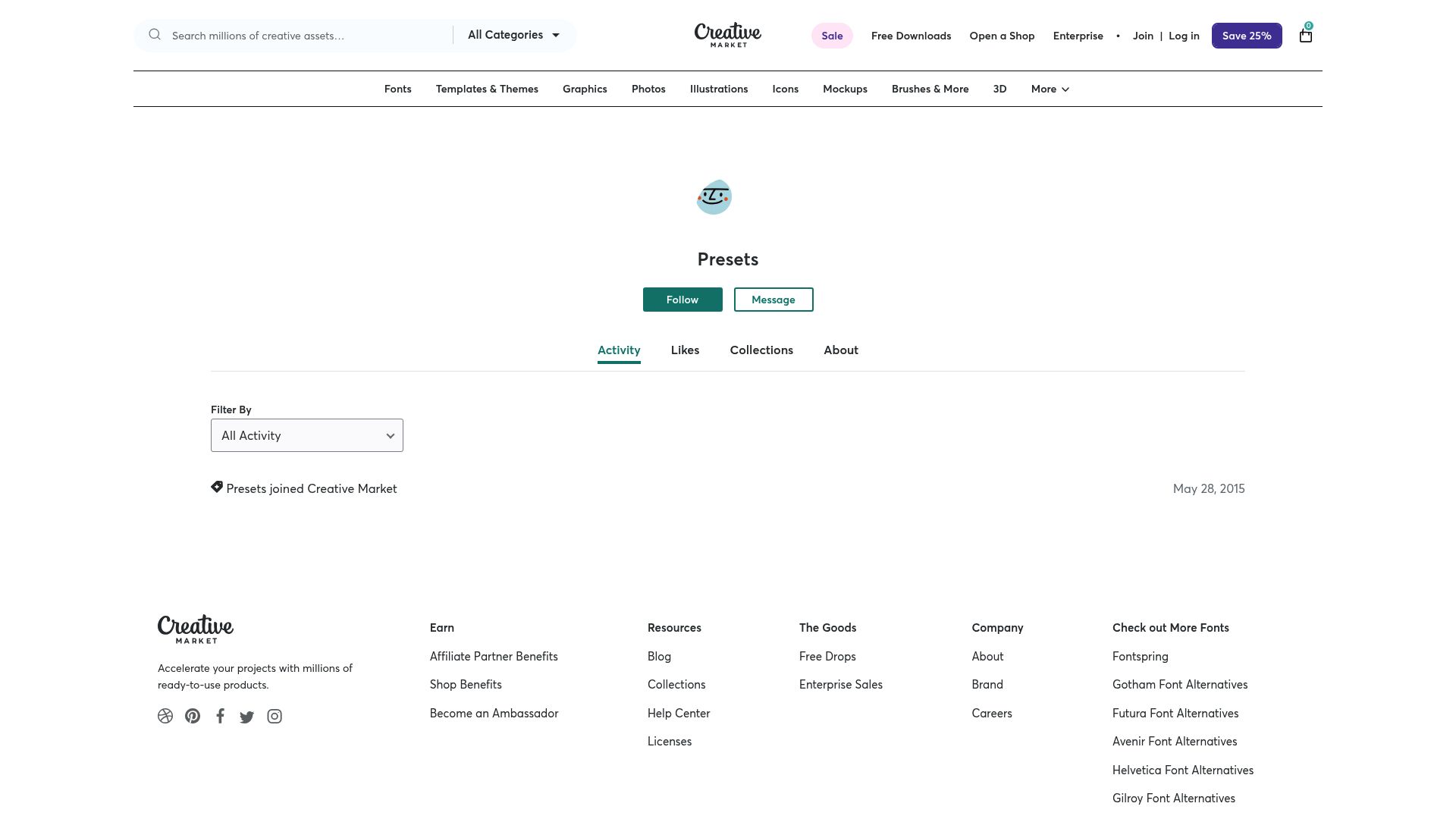
Presets help users achieve professional, on-trend looks instantly. Social media managers and influencers are always on the hunt for new styles. The production time is short, and customers often return for fresh packs.
Trends in visuals shift quickly, so staying updated is key. If you have an eye for aesthetics, presets are a fantastic digital product.
Examples: Instagram filter packs, YouTube video LUTs.
8. Swipe Files & Resource Libraries
Swipe files are curated, practical types of digital products for business audiences. Priced from $10 to $100+, they feature collections of templates, scripts, headlines, or marketing examples.
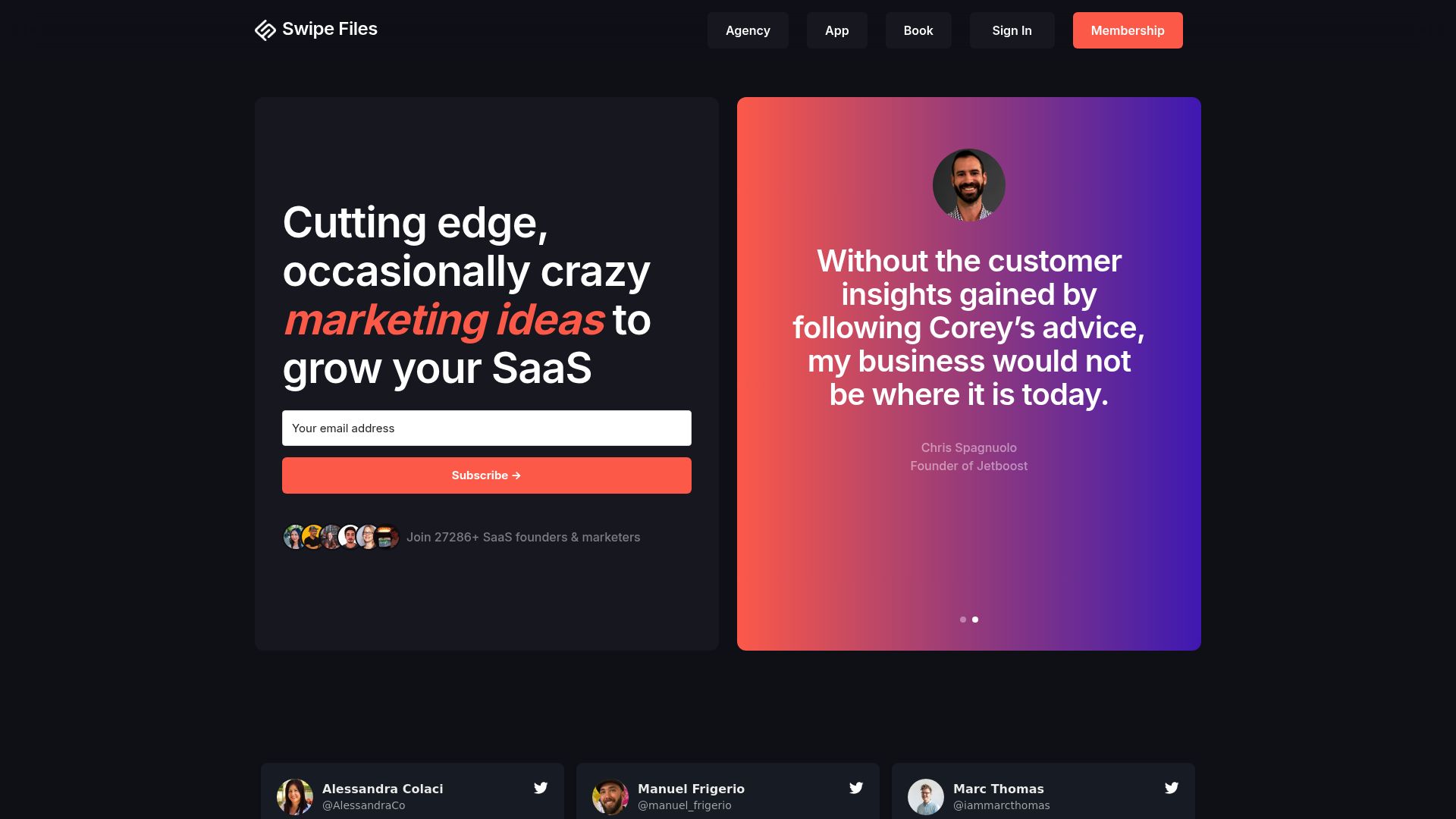
Marketers, copywriters, and entrepreneurs use swipe files to save time and spark creativity. Resource libraries are easy to update and provide ongoing value.
To succeed, your files must be well-organized and original. Always avoid copyright issues by creating your own content.
Examples: Sales email templates, landing page examples, caption libraries.
9. Digital Wallpapers & Graphics Packs
Wallpapers and graphics packs are visually appealing types of digital products. Sold for $2–$20 per pack, they offer downloadable images for desktops, phones, or branding kits.
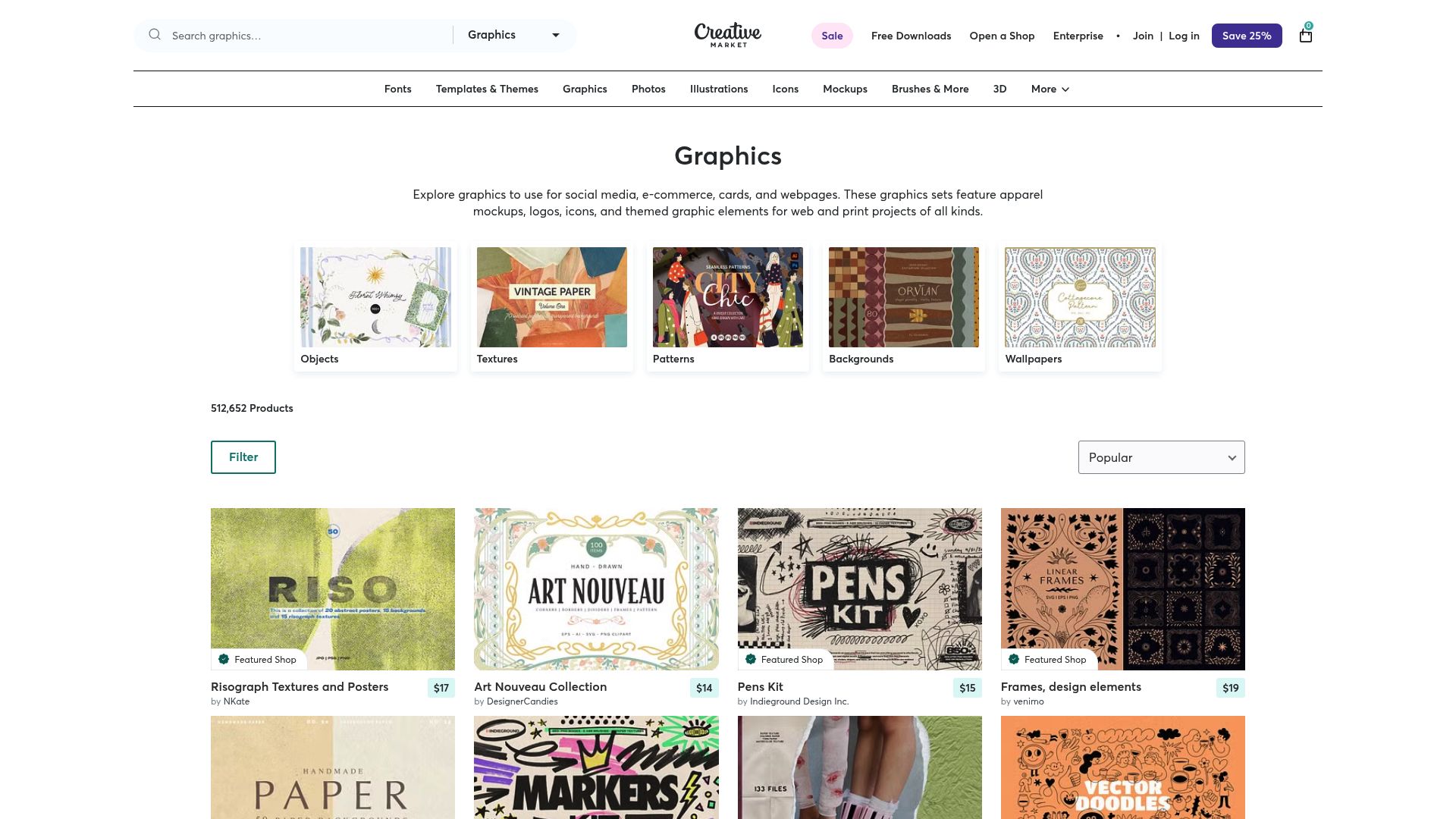
Students, designers, and general consumers love fresh visuals. These products are easy to create, bundle, and sell in high volumes. Evergreen demand means there’s always a market.
Standing out requires a unique style or theme, but the low production time makes experimentation easy.
Examples: Aesthetic phone wallpapers, Zoom backgrounds, branding kits.
10. Workshops & Live Digital Events
Workshops and live events are interactive types of digital products. Tickets range from $20 to $200 for real-time or recorded sessions focused on a specific skill.
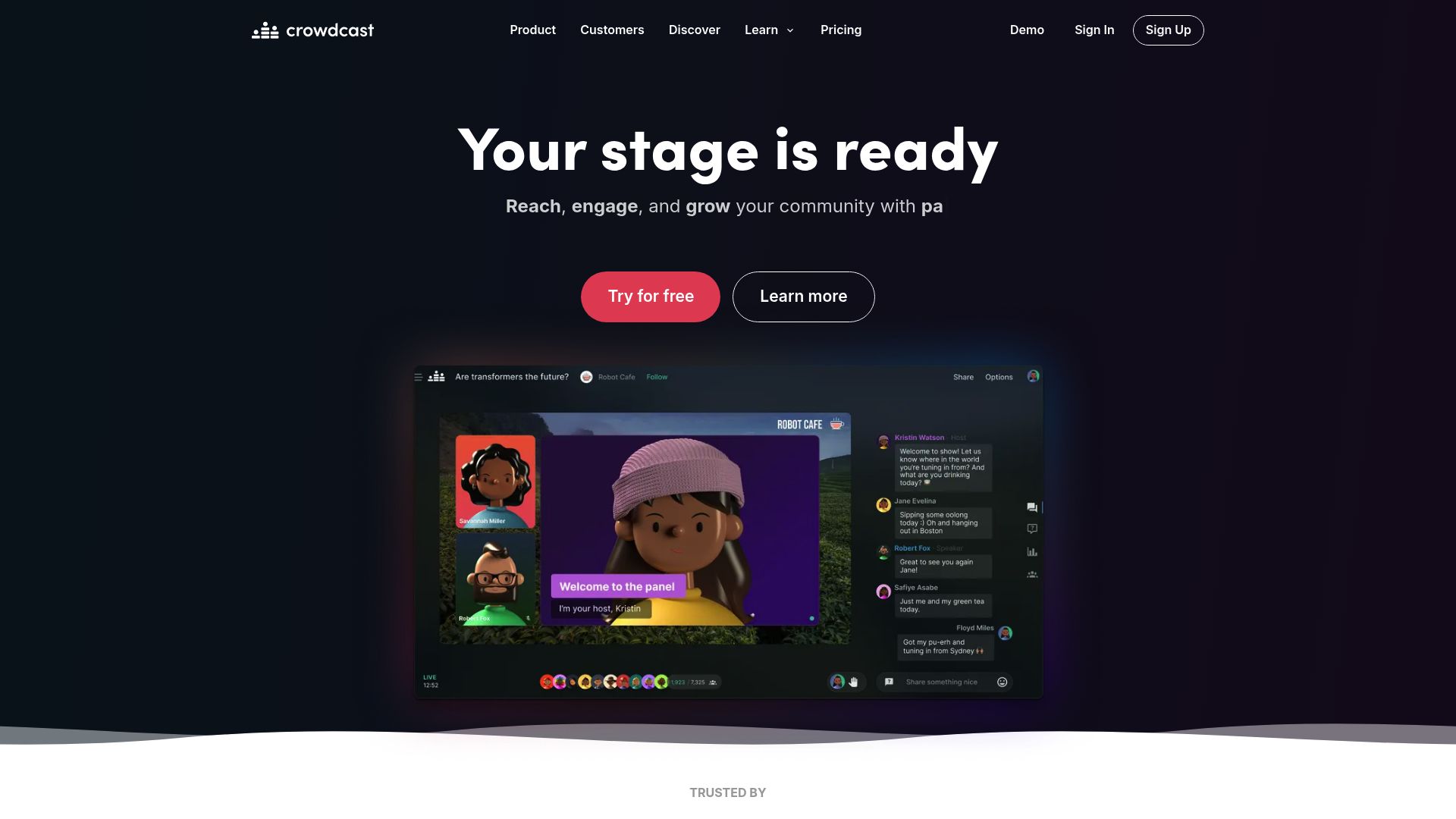
Learners and professionals join for hands-on training and direct access to experts. Workshops build authority, offer upsell opportunities, and can be repurposed into evergreen content.
The commitment is higher—you’ll need to deliver live or record high-quality sessions. Still, these events foster engagement and create urgency.
Examples: Social media strategy workshops, health and wellness webinars.
Comparison Table: Features of the 10 Types of Digital Products
| Product Type | Pricing | Core Feature | Target Audience | Pros | Cons |
|---|---|---|---|---|---|
| Templates | $5–$50 | Customizable docs | Entrepreneurs, students | Scalable, easy updates | High competition |
| Online Courses | $20–$500+ | Video modules | Learners, professionals | High value, passive sales | Time-intensive, updates needed |
| Printables | $2–$25 | Downloadable PDFs | Parents, productivity fans | Quick to make, evergreen | Low price, volume needed |
| Ebooks & Guides | $3–$30 | Long-form content | Readers, hobbyists | Authority, easy to publish | Crowded market |
| Audio Products | $5–$50 | Audio files | Creators, marketers | Less competition | Requires audio skills |
| Membership Sites | $5–$50+/mo | Exclusive content | Fans, niche groups | Recurring income | Ongoing management |
| Presets & Filters | $5–$30 | Editing settings | Creators, influencers | Quick to create | Trends change fast |
| Swipe Files | $10–$100+ | Curated resources | Marketers, entrepreneurs | Saves time, easy updates | Must be original |
| Wallpapers & Graphics | $2–$20 | Visual packs | Students, designers | Easy to bundle | Low price, must stand out |
| Workshops & Live Events | $20–$200 | Live/recorded sessions | Learners, professionals | High engagement | Time-bound, prep needed |
With so many types of digital products available, there’s never been a better time to start. The key is finding the right fit for your skills, audience, and business goals. Explore new trends, experiment, and tap into the digital product gold rush.
How to Choose the Right Digital Product for Your Skills and Audience
Choosing the right path among the many types of digital products can feel overwhelming, but a clear process makes it much easier. The secret? Start with yourself, then layer in what your audience truly wants, and finally, test ideas before scaling. Let’s break down the steps to find your ideal fit in the digital product world.
Assess Your Skills and Strengths
Begin by honestly evaluating your unique talents and natural abilities. Are you a skilled writer, a creative designer, a patient teacher, or an organizational pro? Your strengths will directly influence which types of digital products you can create with confidence.
Here’s a quick comparison table to help map common skills to product possibilities:
| Skill/Strength | Best-Fit Digital Product Types |
|---|---|
| Writing | Ebooks, guides, swipe files |
| Design | Templates, printables, graphics packs |
| Teaching | Online courses, workshops |
| Organization | Notion templates, planners |
| Audio creation | Podcasts, sound packs, audiobooks |
Matching your skills to the right types of digital products ensures you can deliver real value and actually enjoy the creation process.
Research Your Audience
Next, dive into the needs and habits of your ideal customers. What problems do they face? What solutions are they actively searching for? Do they prefer quick-reference templates, in-depth courses, or engaging audio content?
Listen to feedback, survey your community, and observe which types of digital products are gaining traction in your niche. This research phase helps you avoid guessing and instead build something people genuinely want.
Find Product-Market Fit and Choose a Niche
Now, align what you do best with what your audience craves. Product-market fit means your offer solves a relevant problem, stands out, and fits your audience’s preferred format. This is where niche selection becomes crucial.
Focusing on a specific niche—like productivity for remote workers or design templates for teachers—increases your chances of success. If you need inspiration, check out this Digital product niches overview to explore proven and emerging opportunities for different types of digital products.
Test, Diversify, and Grow
Start lean by launching a simple MVP (Minimum Viable Product) such as a single template or a short guide. Collect feedback, make improvements, and only then invest in expanding your product line.
As your brand grows, consider diversifying. Many creators begin with one type of product, then bundle or expand—like pairing a course with printables, or adding a membership site for ongoing value. For more ideas on how to expand your offerings and build passive income, explore this guide to Profitable Digital Products for Passive Income.
Remember, the most profitable types of digital products are the ones that align with your strengths, genuinely help your audience, and can be marketed consistently. Focus on value and authenticity, and you’ll be well on your way to digital product success.
Now that you’ve seen the most promising digital products for 2025, you might be wondering which idea fits your skills and audience best. We’ve all been there—choosing your path is the hardest part! That’s why I love how CreateSell takes the guesswork out of the process, with a curated library of proven digital product ideas backed by real market data and examples. If you’re ready to zero in on a profitable, scalable idea you’ll enjoy building, let’s make your next step easy: View Product Ideas and get inspired today.